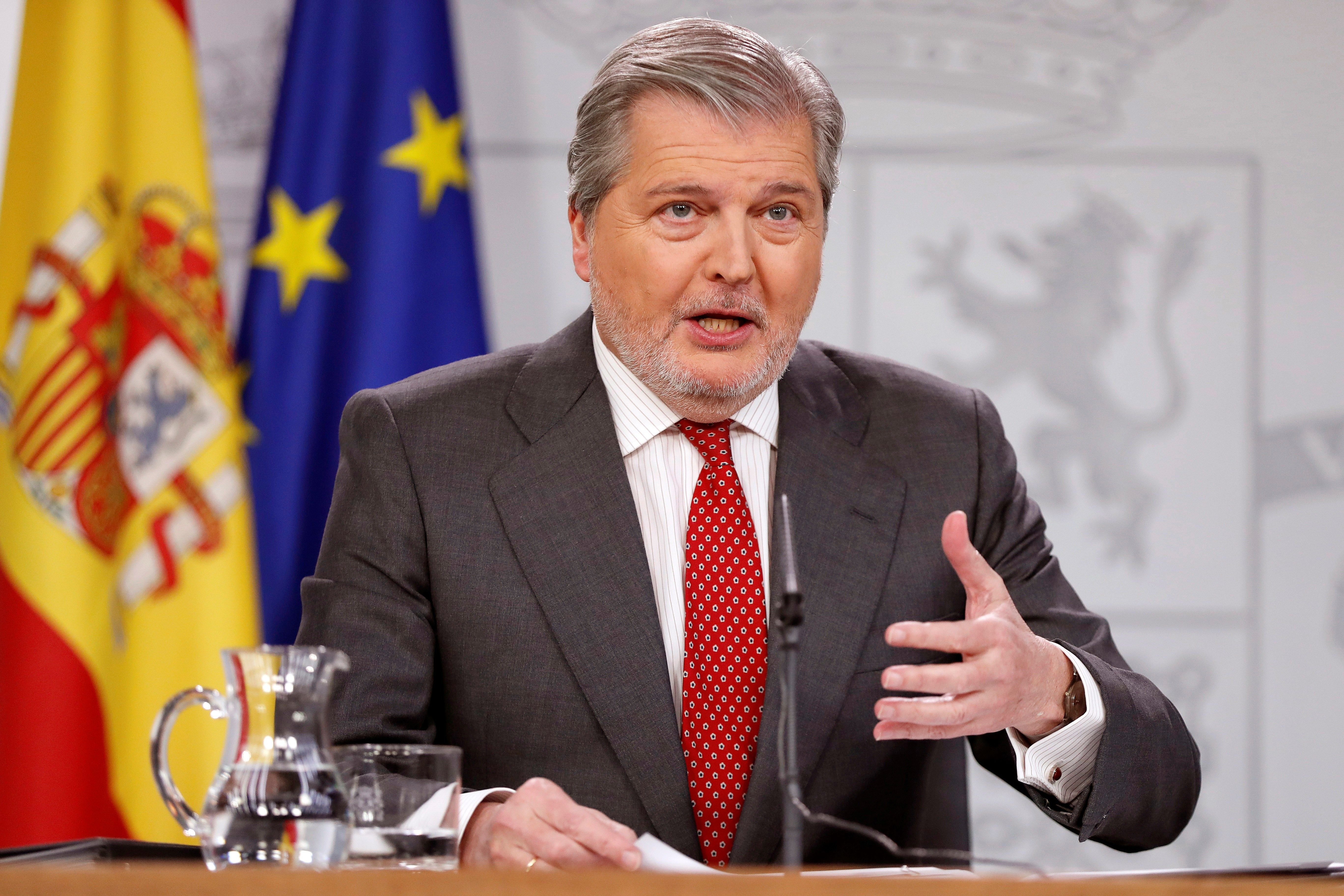The Spanish government has, in the middle of this Friday's post-cabinet meeting press conference, received the news that president Carles Puigdemont will travel to Denmark next week to take part in a debate on the political situation in Catalonia, organised by the University of Copenhagen. This raised questions of the possibility of issuing a new European Arrest Warrant for Puigdemont to be detained on Danish territory, if viable, taking into account the eventual withdrawal of the one issued to Belgium. Sources from the central government note that the decision whether or not to issue a new one falls to the judge in the case, Pablo Llarena.
As the days pass, the deadline, 31st January, is approaching for the Catalan Parliament to present a candidate for a presidential investiture debate. In this situation, the Spanish government sent a clear warning to the Parliament's speaker, Roger Torrent: "The law will continue for all those who violate the laws, those who are before the courts too" threatened spokesperson Íñigo Méndez de Vigo about reinterpreting the Parliament's rule to enable Puigdemont to be invested president from Brussels. "The report from the lawyers already gives the correct interpretation. What is immoral is to avoid the action of justice and also to leave to another country", said De Vigo referring to Puigdemont.
Asked by El Nacional, the government spokesperson didn't specify how they would avoid the image of an investiture debate with a candidate at a distance. He has only guaranteed that "nobody should have any doubts" that Mariano Rajoy "will prevent any illegality", having article 155 of the Constitution at his disposal. Nor did the executive give a definite answer when pushed by various journalists as to whether king Felipe VI will face the dilemma of signing or not the decree naming Puigdemont president, or even how they would stop the Catalan taking control at a distance. They trust, again, in the dissuasive effect of the open criminal cases.
Similarly, De Vigo gave no opinion about the meeting that has been revealed between PSOE's Alfredo Pérez Rubalcaba, a former deputy prime minister of Spain, and the coordinator of PDeCAT, Marta Pascal. "I found out about it through the press, we have nothing to say," he said.
They were more open about the battle between their own PP and Ciutadans in the Catalan Parliament, after Inés Arrimadas's party refused to offer PP the deputy they were lacking after the 21st December election to have their own group in the chamber. "It's not about being first among the constitutionalists. We don't understand their position at this time. It's about having more voices in Catalonia" to fight the independence process, the minister said.

